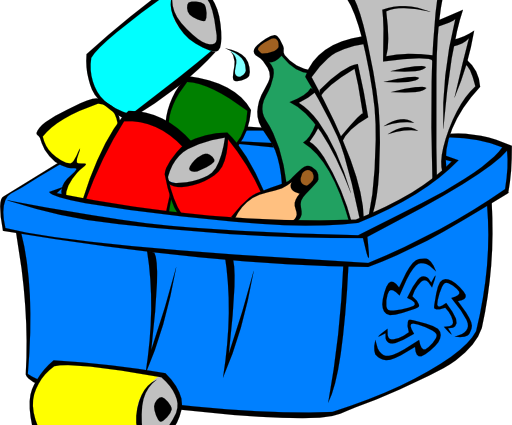Americans are notoriously bad at recycling. We don’t like thinking about trash. As soon as our trash is tossed in the bin, it is forgotten about forever, for someone else to deal with. The average person doesn’t know how recycling works in the U.S. The people who generally know how recycling works are people who either work in the industry, studied it in school, or activists trying to help fix the problem. Even many avid recyclers don’t know how it really works outside of doing their part by putting recyclables into the correct container.
Americans tend to think that someone else is taking care of it, there’s an adult in the room figuring out a system and implementing it on a national level. This is not the reality. The reality is, there are a wide variety of companies trying to figure out a way to use our trash to turn a profit. While there is nothing wrong with profit, many companies put profits as their priority over real fundamental change.
There is currently no national policy that requires recycling to take place in the United States. I repeat, THERE IS NO NATIONAL POLICY THAT REQUIRES RECYCLING TO TAKE PLACE IN THE UNITED STATES OF AMERICA. As a result of the void of policy in the U.S, recycling is all over the place, and people are left confused and unsure about what is recyclable and where to dispose of it. Even the EPA passes the buck. According to their website, “Recycling programs are managed at the state and local level, find information on recycling in your community”. The Environmental Protection Agency doesn’t have the information to tell people exactly how to recycle everywhere in the country. This is a fundamental problem.
Recycling is left to states, which pass on the responsibility to counties, which largely pass on the responsibility to cities and private companies. In many rural areas, counties put in place recycling programs (or choose not to). This can mean in some areas residents have to drive upwards of 50 miles to be able to recycle anything. In more urban areas, cities often provide curbside pickup. Earth911 does a great job putting together a database to show where the nearest drop off locations are by Zip code.
While local control can be a good thing in many cases, it doesn’t make recycling better. Many recycling centers and curbside pickups only allow certain types of recycling to be collected. If the wrong type of recycling is collected or trash is put in recycling bins then the entire load can be deemed cross-contaminated, ultimately putting about 25% of recyclable material into landfills.
Each City or county has their own system for recycling, making it confusing or a hassle for anyone else not from that area. In addition, many online resources don’t always take into account the various types of recycling when teaching people how to recycle properly. Some cities have single stream recycling, allowing people to throw all of their recyclables into one container. Others have separate containers for each type. Many don’t have recycling at all.
Recycling rates are low in the United States. According to Waste360, 90.5% of all plastic that has ever been produced has not been recycled. National policy needs to address this problem. Focus should be put more on the recovery of plastic that has already been produced, than on producing more recyclable material. Stricter laws and accountability need to be placed on the producers.
The key takeaway is that we need a national policy that requires states to provide recycling in all 50 states. This policy needs to include measures to ensure that goods are not sold if they cannot be widely and efficiently recycled in the United States. This would lessen greenwashing by large corporations. Policy also needs to require each county to have a recycling plan in place that outlines how they will recycle. Federal funds should also be available to communities with limited resources. At the very least, our country needs to open facilities to actually process recycling in this country instead of shipping it abroad.

